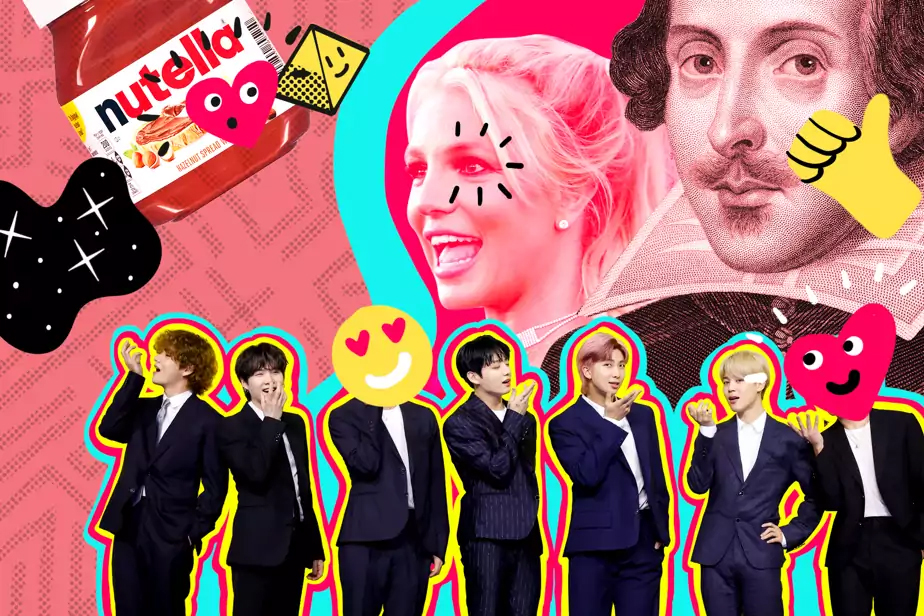Fan de hockey, de Britney ou… de tueurs en série. Fini le temps où on levait le nez sur les fans et leurs groupes. Ceux-ci font désormais l’objet d’études sérieuses et surtout variées, suscitant de plus en plus l’intérêt. Pour cause : avoir des idoles rend heureux. Donne un sens à la vie. Et en a même sauvé certains de la pandémie. Explications, analyses et témoignages, en trois temps. [Read on]
Du bonheur d’être fan










